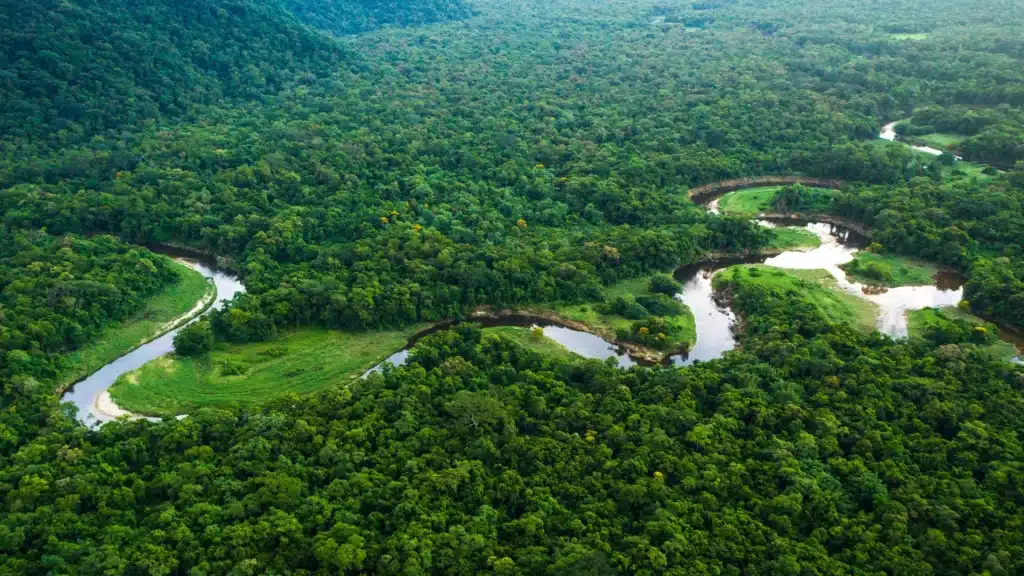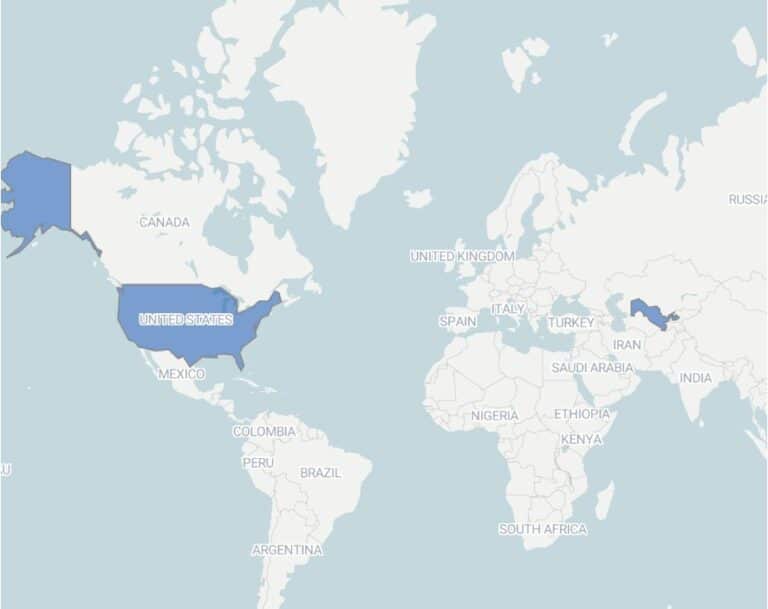
Global warming is accelerating faster than scientists had anticipated, with the world’s coral reefs now approaching an almost irreversible collapse, according to a major international report released on October 13. The findings mark what researchers describe as the first tipping point in the breakdown of climate-linked ecosystems.
The Global Tipping Points report, compiled by 160 scientists from around the world, assesses the critical thresholds beyond which environmental damage becomes permanent. Warning comes just weeks before the COP30 climate summit, which will take place on the edge of Brazil’s Amazon rainforest, itself now approaching its own point of collapse.
Amazon Rainforest Nearing Point of No Return
Researchers said the Amazon may not survive once global average temperatures exceed 1.5°C, given the current pace of deforestation. This new estimate revises earlier projections that had placed the rainforest’s resilience threshold higher.
The report also highlights mounting risks to the Atlantic Meridional Overturning Circulation (AMOC), the vast ocean current responsible for regulating weather patterns and maintaining mild winters across northern Europe. Disruption to this system could have severe and lasting consequences for global climate stability.
«Change is happening fast now, tragically, in parts of the climate and the biosphere,» said Professor Tim Lenton, an environmental scientist at the University of Exeter and the report’s lead author.
Coral Reefs and Oceans Reaching Dangerous Limits
To restore coral reef ecosystems, scientists say global temperatures would need to fall back to around 1°C above pre-industrial levels and this target that would require immediate and unprecedented global action.
Pep Canadell, senior scientist at Australia’s CSIRO Climate Science Centre, said the report underlines how climate impacts are worsening each year.
«The new report makes clear that each year there is an increase in the scope and magnitude of the negative impacts of climate change,» he noted.
According to the study, existing national policies put the world on course for roughly 3.1°C of warming by the end of the century. This trajectory would trigger widespread and potentially irreversible ecological damage.
Kursiv also reports on how Japanese-funded UNDP initiatives in Karakalpakstan are transforming lives with climate-smart farming and clean water access.













